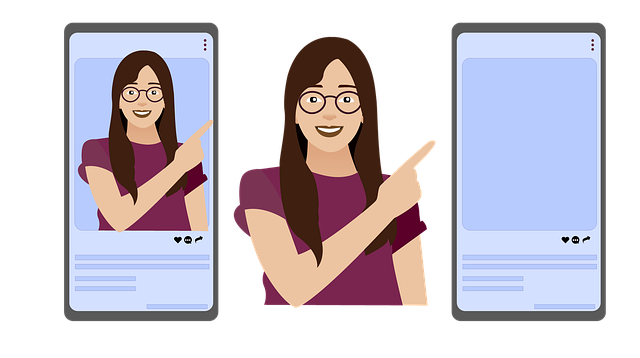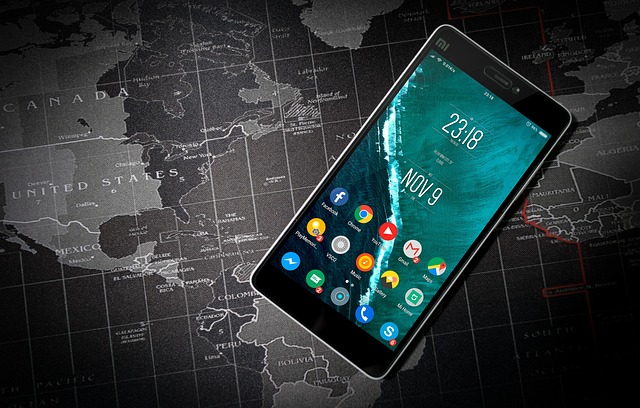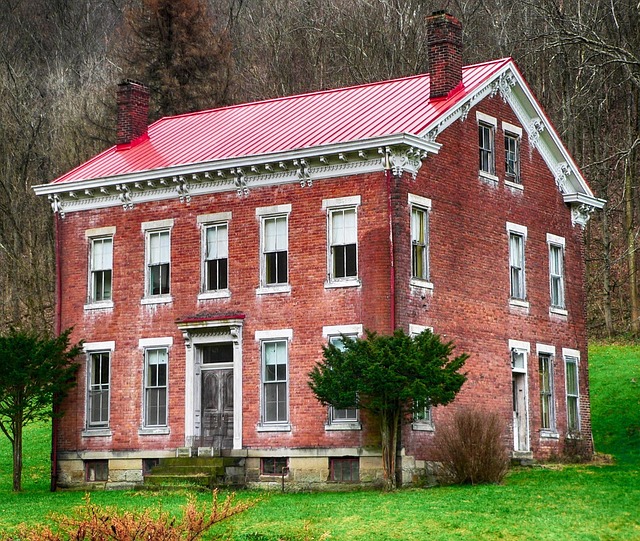West Virginia libraries partner with spam call law firms to educate residents about privacy rights, legal protections, and strategies to block unwanted telemarketing calls, empowering communities to combat fraudulent practices and create a safer environment.
Local libraries in West Virginia are emerging as vital hubs for raising awareness about spam calls, which have become a growing concern for residents. This article explores how these institutions are uniquely positioned to educate communities on the dangers of fraudulent phone calls and text messages. From hosting informational sessions to implementing dedicated programs, libraries offer a trusted resource for understanding and mitigating spam call issues. Furthermore, their collaboration with local law firms enhances efforts to combat spam call laws and protect West Virginia residents.
Understanding Spam Calls and Their Impact in West Virginia

Spam calls, a ubiquitous and often annoying modern phenomenon, have significantly impacted the daily lives of many West Virginians. These unsolicited phone calls, typically promoting products or services, can be particularly disturbing for individuals seeking a quiet and peaceful environment. In West Virginia, as in many other states, the sheer volume of spam calls has led to widespread frustration among residents, who often feel powerless against this deluge of marketing messages.
The impact of these calls goes beyond mere annoyance; they can disrupt personal and professional lives, invade privacy, and even lead to financial losses for those who fall victim to deceptive practices. Recognizing the seriousness of this issue, many local libraries in West Virginia have stepped up as community hubs to educate citizens about spam call laws and best practices to mitigate their effects. By providing resources and hosting informational sessions, these institutions play a vital role in empowering residents to protect themselves from unwanted phone marketing tactics.
The Role of Local Libraries: A Unique Resource for Awareness

Local libraries in West Virginia serve as more than just repositories of knowledge; they are community hubs that play a crucial role in enhancing awareness, especially regarding modern-day concerns like spam calls. With the ever-evolving landscape of telecommunications, unwanted and harassing phone calls have become an increasingly common nuisance for many residents. Libraries, with their focus on education and community engagement, are uniquely positioned to address this issue.
Through various programs and initiatives, these institutions can provide valuable resources and guidance on navigating the complexities of spam call laws. West Virginia’s legal framework concerning telemarketing practices offers protections for consumers, and libraries can facilitate access to this information, empowering individuals to understand their rights and take proactive measures against intrusive phone calls. Moreover, local librarians and staff can collaborate with law firms specializing in spam call cases to organize workshops or seminars, ensuring that the community is well-informed about the legal avenues available to combat this growing problem.
Educating Communities: Library Programs Against Spam

Local libraries in West Virginia play a significant role in educating communities about spam calls and enhancing digital literacy. Many libraries offer programs that teach citizens about the latest spamming tactics, how to recognize and block unwanted calls, and the legal implications of spam call activities. These educational initiatives empower residents to take proactive measures against spam callers, creating a safer and more informed digital environment.
Through workshops, seminars, and community events, libraries provide a trusted space for people to learn about privacy rights, communication technologies, and effective strategies to combat spam calls. By fostering digital literacy, these programs not only help individuals protect themselves from harassment but also contribute to a culture of responsible online behavior.
Collaborating with Law Firms: Combating Fraudulent Calls

Local libraries in West Virginia play a vital role in raising awareness about spam calls and protecting community members from fraudulent activities. One effective strategy involves collaborating with local law firms to combat the issue. Law firms specializing in consumer protection can provide valuable insights and resources to educate the public on identifying and reporting suspicious phone calls.
Through joint efforts, libraries can host informational sessions, workshops, or webinars to teach residents about the legal implications of spam calls, common scams, and the importance of staying vigilant. By partnering with law firms, these institutions empower individuals to take proactive measures against fraudulent practices, ensuring a safer and more informed community in West Virginia.






